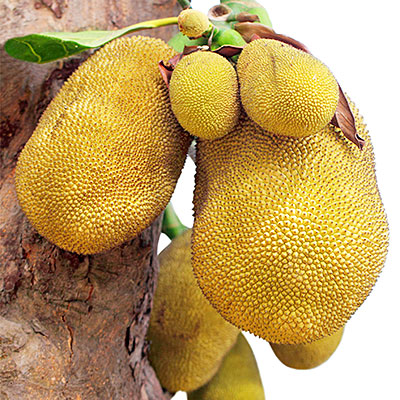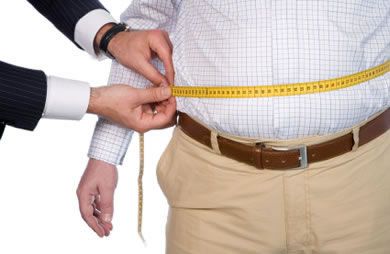Lose Weight > Common Sense To Lose Weight > Common Sense Article > Why Bamboo Flooring Is So Ecologically Friendly
Why Bamboo Flooring Is So Ecologically Friendly
Driven by the constantly-growing consumer demand for environmentally friendly products, many bamboo-related companies are gaining momentum as a reliable source for high quality and durable green building materials. Consumers are choosing high quality alternative building materials over traditional non-sustainable products. Hybrid cars, recycled materials, reusable energy sources, bamboo flooring; use of these products is exploding as consumers are recognizing the need to choose products of a sustainable and regenerative nature.
The general population is becoming weary of ever-decreasing hardwood forests and the threat that this deforestation poses to an already fragile global environment. Bamboo flooring is the logical and ethical choice. Since bamboo is termite, moisture and rot resistant, it functions extremely well as a prime flooring material.
There are multiple types of bamboo floors sold that cater to unique tastes. Strand woven bamboo flooring is twice as resilient as regular wood flooring and has a hybrid grain that is between wood and bamboo. Distressed bamboo floors look antique as if they were pulled out of an old barn. Engineered/laminate bamboo floors are highly stable and great for basements and in areas of varying humidity.
Bamboo is the fastest growing plant on earth. It is known to produce 30% more oxygen than a hardwood forest of comparable size, while preventing erosion, restoring soil, providing sweet edible shoots and removing toxins from contaminated soil. Ecologists tout bamboo as a logical, renewable source of building materials. Many promote bamboo planting for erosion prevention, and even to reverse the effects of global warming.
Bamboo helps reduce carbon dioxide gases blamed for global warming. Bamboo removes significant quantities of carbon dioxide from the atmosphere, which makes it a highly efficient plant, and conducive to fresh air. Being a grass, bamboo regenerates without replanting after harvesting.
Bamboo is a natural water control barrier. Because of its widespread root system and large canopy, bamboo greatly reduces rain run off, preventing soil erosion. Bamboo can keep up to twice as much water in a watershed. Due to its high nitrogen consumption, bamboo helps mitigate water pollution, making it a solution for excess nutrient uptake of wastewater from manufacturing, livestock farming and sewage treatment.
Bamboo can restore degraded lands. It is a remarkable plant and can be grown in soil damaged by overgrazing and poor agriculture practices. Proper harvesting does not kill the bamboo plant, therefore topsoil is held in place. Because of its dense litter on the forest floor, it feeds topsoil creation, restoring healthy agricultural lands for generations to come.
Traditional hardwood lumber trees, such as oak, maple, and birch, take 40-50 years to regenerate. In the meantime, there is less oxygen produced, less carbon dioxide consumed, and more soil runoff in the spot where those trees were harvested - all producing negative environmental effects. Our planet is suffering from resource depletion, habitat loss, species extinction, and ecosystem pollution. The choice of bamboo flooring will greatly help reverse those negative trends.
Related Articles
-
How Obesity Affects You?
Slimming down is one with the main objectives of quite a few peo
-
Quick Weight Loss Tips - Fitness Program
If the only reason youve not been able to get around to losing the tir
-
Weight Loss Tricks - What Fitness Program To Follow
Being overweight places an individual at greater levels of health risk
-
Will I see the exact same weight great loss results with walking rather than jogging?The way to program walking for pounds reduction?
Q: Will I see the same excess weight damage benefits with walking inst
-
Weight Loss & Maintenance Has Become So Easy!
This is the technical meaning of “healthy fat.” Your body needs th
-
Free Online Weight Loss Programs For The Busy Folks
Men and women all over the world have battled weight problems more tha
- DON'T MISS
- Lose weight the healthy way start with a healthy diet
- Pick Diet Plans that Will Help Your Bank Balance
- Obesity Might be in the Mirror
- Fat loss Advice for Heavy Women
- Fat Burning Tips That Work!
- The Slim Girls Box Of Secrets: Safe, Effective And Effortless Weight Loss Guide
- Christmas Weight Loss - Lose Weight for the Party Season!
- How To Reduce The Fat In Your Diet
- 8 Ways To Drop Weight Now
- A New Year, A New And Leaner You!




